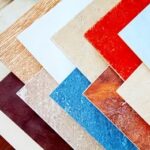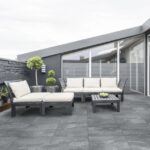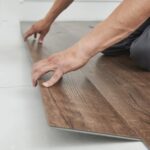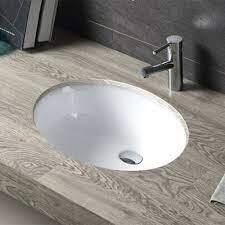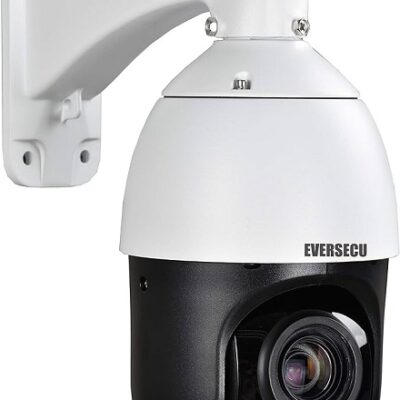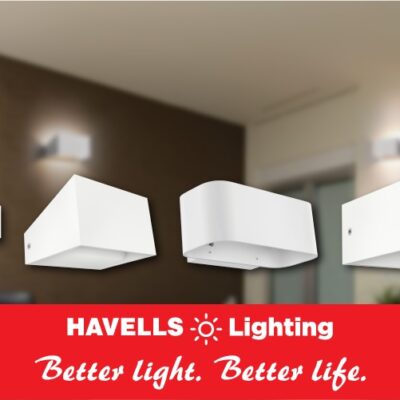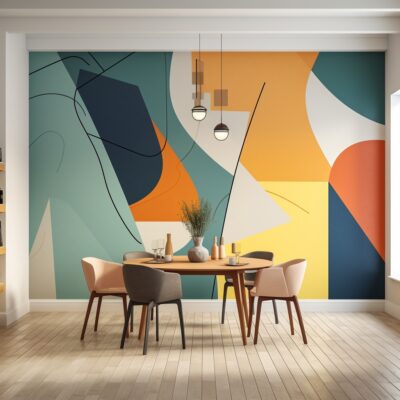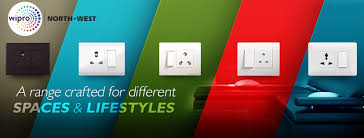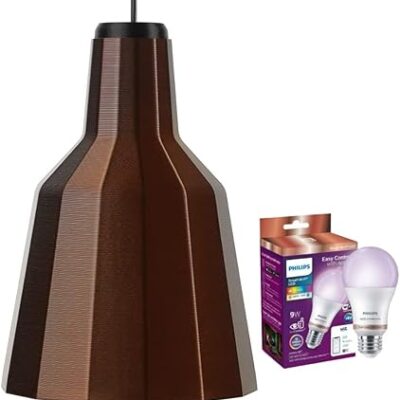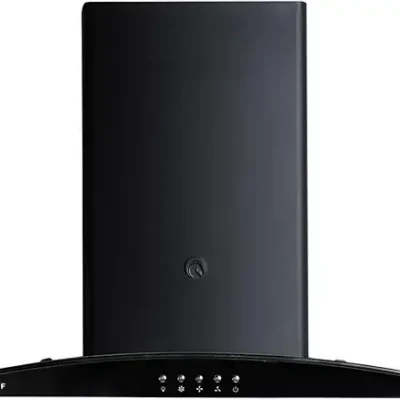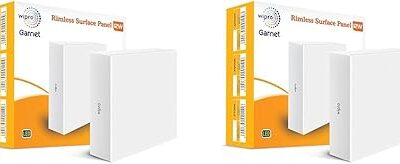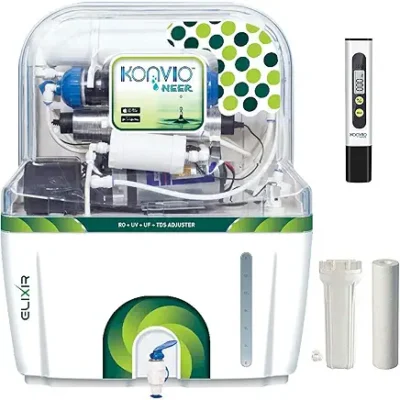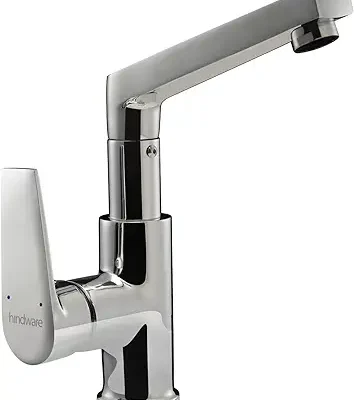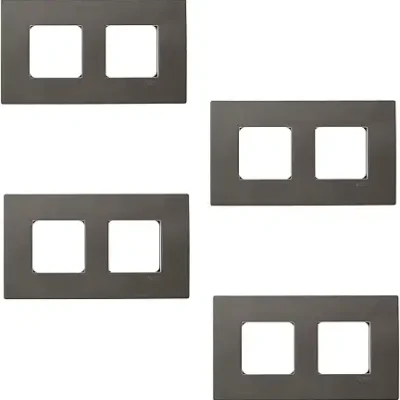After our indoor flooring, terraces are starting to take centre stage as we spend much of the day enjoying lunch and dinner outdoors with friends and family.
To make this outdoor time peaceful, it is important that we choose the best flooring material for our roof and terraces
While deciding on the flooring for your terrace or roof, you would need to keep in mind the practical aspects like rain and seepage, heat absorption during summer days, easy maintenance, and durability.
Here, we examine the pros and cons of several flooring materials for terrace to help you make the best choice!
1. Tiles
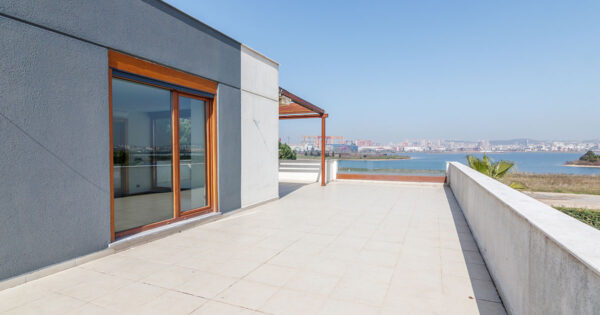
Terrace tiles, also known as outdoor or patio tiles, are designed for use on terraces, balconies, rooftops, and other outdoor spaces. They can easily withstand harsh outdoor conditions. They come in various materials, styles, and sizes to suit different design preferences and functional requirements too.
Before laying the tiles, it is strongly recommended to apply a water-repellent coat such as Dr. Fixit in order to avoid seepage.
Overview: The smooth stylish finish of the tiles and their availability in multiple designs is a bonus. Cleaning is easy, and the installation is quite quick.
Pros:
- Multiple designs and textures are available.
- Heat-resistant options like ceramic or porcelain tiles are available.
- Easy to clean and maintain.
Cons:
- Can develop to cracks due to weather changes.
- Becomes slippery when wet.
- Needs a waterproofing base to prevent any seepage.
Cost per sq. ft.: ₹60-₹100 (without waterproofing). Waterproofing adds an additional ₹15-₹25 per sq. ft.
2. Concrete
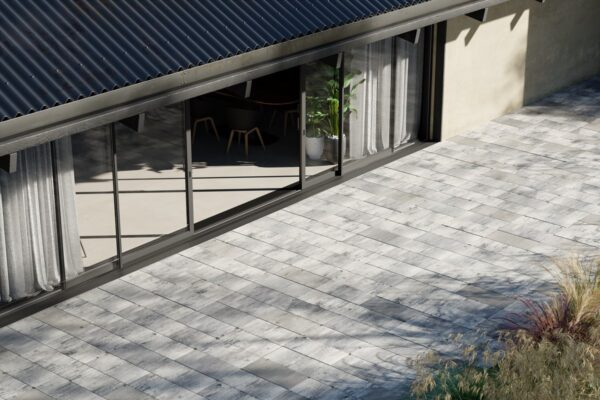
Concrete has a rough, rustic and industry like finish to it. It is highly durable as a terrace floor and weathers through harsh conditions of sun and rain.
Concrete flooring is strong and low-maintenance, which makes it a good option for utility-based terraces. It is also recommended that a waterproofing coat be added to concrete flooring.
Overview: Concrete provides an easy, durable surface for outdoor spaces. It can be polished or painted for an even better finish.
Pros:
- Resistant to wear and tear.
- Cost-effective as compared to other materials.
- Can be painted with reflective paint to reduce heat absorption.
Cons:
- Can crack up in due course of time by changing weather conditions.
- Blank concrete surfaces can be unsightly.
- Sealing or waterproofing is required to prevent water seepage
Cost per sq. ft.: ₹40-₹60 (without waterproofing). Waterproofing costs an additional ₹15-₹25 per sq. ft.
3. Natural Stone
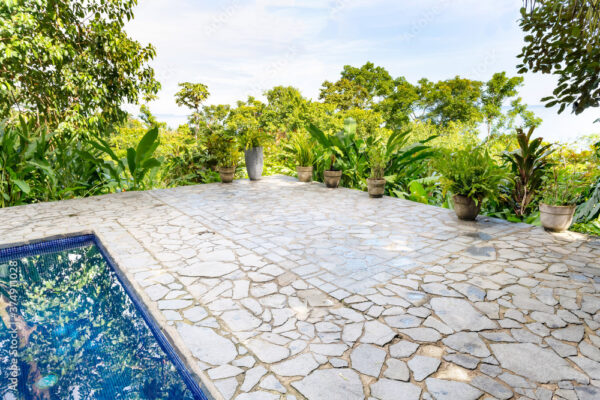
Natural stones, such as granite and sandstone, are considered durable and classic for a long time. They have to be sealed and waterproofed appropriately to extend their lifetime.
Your outdoor space acquires a rustic charm through light-shaded natural flat stone. Weather-proof, it goes perfectly well with outdoor furniture both in bright and dark shades.
Marble tiles, slabs and blocks are possible in various finishes, thus giving a rich long lasting option for outdoor.
Overview: Natural stones have an appearance of luxury with good durability. They are resistant to heat and ideal for exterior installation.
Pros:
- Durable and long-lasting
- Weather and UV resistant in nature
- Gives aesthetic, premium look
Cons:
- It is pretty expensive compared to others.
- Need sealing to avoid water absorption, staining
- Heavy in weight; will require strong structural support.
Cost per sq. ft.: ₹120-₹200 (with sealant).
4. PVC Flooring
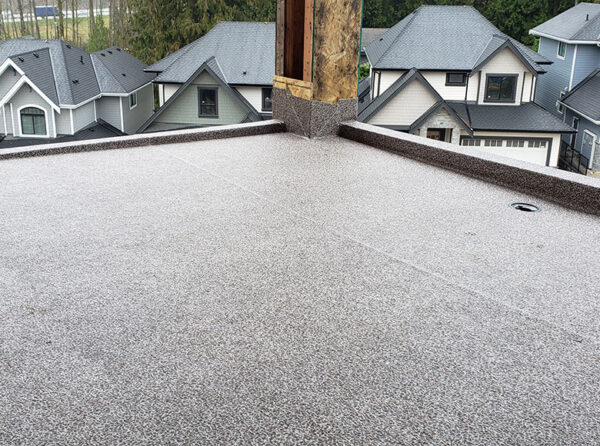
PVC flooring is lightweight, inexpensive, and water-resistant. But it is perfect for covered terraces or places that have minimum exposure to direct sunlight.
It can be designed in wood or stone finishes to give a more aesthetic look to your space. It’s one of the more affordable options out there for terrace flooring.
Overview: PVC flooring has quick installation and is an affordable solution with durability. It comes in a wide range of colors and patterns.
Pros:
- Resistant to water and easy to install.
- Lightweight and affordable.
- Available in a lot of designs.
Cons:
- Not very durable in harsh weather conditions.
- Can lead to warping or fading if exposed to sun for too long.
- Not environment-friendly.
Cost per sq. ft.: ₹40-₹60.
5. Wood
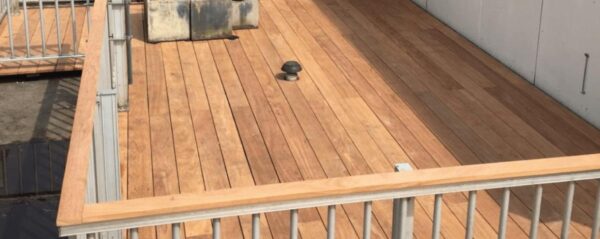
Wood is a most desired material if you wish to have a warm yet classy outdoor space. In fact, it comes in different shapes, colors, and texture that make it versatile and thus attractive to the look and feel.
However, wooden floor terrace would require regular maintanance with oils and waxes. This is necessary to protect it against harsh weather conditions such as direct sun exposure for too long or monsoon weather.
Overview: Wood terraces feel warm and classy. A stylish, furniture-friendly, and outdoorsy setup can be created with textured wooden slabs or compact wooden tiles.
Pros:
- Wood has a natural warmth.
- It is available in different colours and textures.
- Can be designed to complement any design setup.
Cons:
- Needs regular treatment to prevent any weather damage.
- Might warp or fade under harsh conditions.
- Expensive
Cost per sq. ft.: ₹ 150-₹300 (including treatment).
Cost Comparison Table
| Flooring Material | Base Cost (₹ per sq. ft.) | Waterproofing (₹ per sq. ft.) | Total Cost (₹ per sq. ft.)<//strong> |
|---|---|---|---|
| Tiles | 60-100 | 15-25 | 75-125 |
| Concrete | 40-60 | 15-25 | 55-85 |
| Natural Stone | 120-200 | Included | 120-200 |
| PVC Flooring | 40-60 | Not Required | 40-60 |
| Wood | 150-300 | Included | 150-300 |
Key Recommendations:
- For beautiful and low-maintenance terraces: Tile or natural stone.
- For durability and budget-friendliness: Concrete with reflective paint
- For lightweight, budget-friendly options: PVC flooring
- For industrial and highly functional use: Epoxy coat with seamless finish
Waterproof the surface before placing flooring material to ensure it lasts for a long time and seepage does not occur.
How to Choose the Best Flooring for a Terrace
Selecting the right flooring for your terrace involves more than just aesthetics. Here are the key aspects to evaluate before making your decision:
- Durability and Weather Resistance
Select a flooring material that may withstand the weather, such as rain, sun, or temperature. The floor shall not only be functional but pleasing to the eyes and blendable with the furniture and overall design for your terrace.
- Porosity
For open terraces select low-porosity flooring materials that absorb less water. These shall be suitable for areas in which rain and humidity are frequent. Low-porosity floors resist wear more than any other floor, and they last longer.
- Thickness and Size
Tile thickness impacts the tile’s strength. The outside tiles require a minimum thickness of 10 mm but are sometimes available up to 20 mm in thickness. More recent, thicker versions of outdoor tiles are simple to install, and many varieties do not need adhesives or any joints. This will definitely bring a uniform look to a space.
- Non-Slip Properties
Safety is a priority, particularly if the balcony contains a pool or is often moist. Non-slip flooring materials, such as raised access floors with textured surfaces, are good for outdoors.


